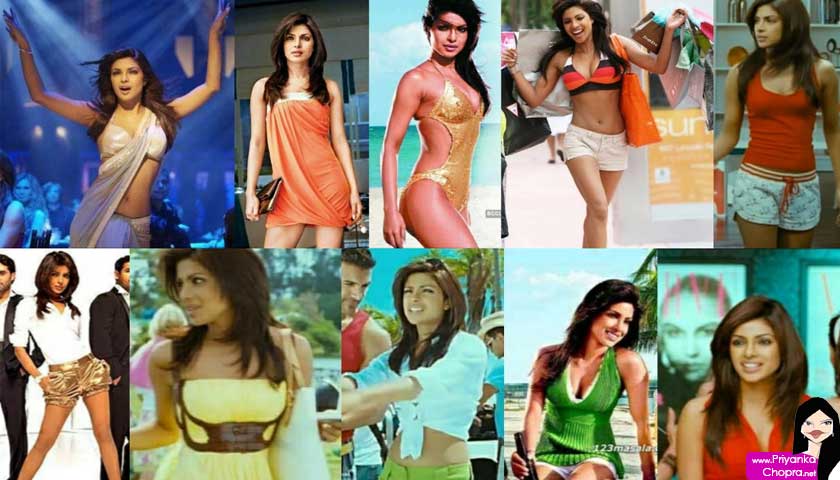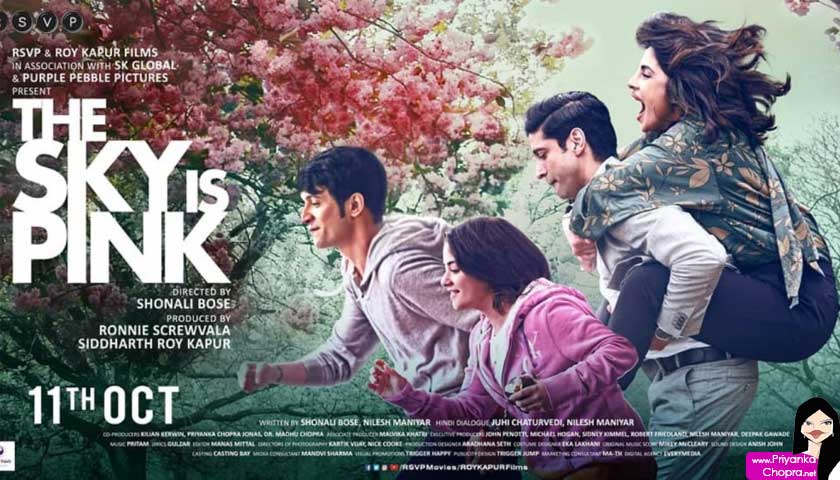Priyanka Chopra Setbacks and Resurgence (2007–2008)
In 2007, Chopra had two leading roles. Her first film was Nikhil Advani’s Salaam-e-Ishq: A Tribute to Love, a romantic comedy in six chapters with an ensemble cast. She was featured opposite Salman Khan in the first chapter as Kamini, an item girl and aspiring actress who tries to land the lead role in a Karan Johar film with a publicity gimmick. Film critic Sukanya Verma praised her flair for comedy, especially her impressions of Meena Kumari, Nargis and Madhubala. Both Salaam-e-Ishq: A Tribute to Love and her next film, Big Brother, proved unsuccessful at the domestic box office.
In 2008, Chopra starred opposite Harman Baweja in his father’s Love Story 2050. Chopra played a double role, so she coloured her hair twice; once red to portray the girl from the future and then black for the girl of the past. Her performance was poorly received; Rajeev Masand was unimpressed with Chopra’s chemistry with her co-star, remarking that her character “fails to inspire either affection or sympathy”. She next appeared in the comedy God Tussi Great Ho, portraying a TV anchor opposite Salman Khan, Sohail Khan and Amitabh Bachchan. Chopra next starred as a kindergarten teacher in Chamku opposite Bobby Deol and Irrfan Khan, and played the role of Sonia in Goldie Behl’s fantasy superhero film Drona opposite Abhishek Bachchan and Jaya Bachchan. Drona, widely criticised for its extensive use of special effects, marked Chopra’s sixth film in succession which had failed at both the box-office and critically, although Sukanya Verma of Rediff.com stated that Chopra displayed convincing action heroine skills. Critics generally perceived at this time that her career was over.
The string of poorly received films ended when Chopra starred in Madhur Bhandarkar’s Fashion, a drama about the Indian fashion industry which followed the lives and careers of several fashion models. She portrayed the ambitious supermodel Meghna Mathur, a role which she initially thought was out of her depth, but after six months’ consideration she accepted the role, inspired by Bhandarkar’s confidence in her. For the role, Chopra had to gain 6 kilograms (13 lb) and steadily shed the weight during the production as the character progressed in the film. Both the film and her performance received critical acclaim, becoming a major turning point in her career. Rajeev Masand felt that she “turns in a respectable performance, one that will inevitably go down as her best.” For her performance, she won several awards, including the National Film Award for Best Actress, the Filmfare Award for Best Actress, the IIFA Award for Best Actress, the Screen Award for Best Actress, and the Producers Guild Film Award for Best Actress in a Leading Role. With a worldwide revenue of ₹600 million (US$8 million), Fashion emerged as a commercial success, and was listed by Subhash K. Jha as one of the best films of the decade with women protagonists. It was noted for being commercially successful despite being a women-centric film with no male lead. Chopra said in retrospect, “I think actually Fashion kick started … the process of female dominated films. Today you have so many other films which have done well with female leads.”
Chopra’s final film of the year was Tarun Mansukhani’s romantic comedy Dostana, with Abhishek Bachchan and John Abraham. Set in Miami, the film tells the story of a friendship between her character and two men who pretend to be gay to share an apartment with her. Chopra played a stylish young fashion-magazine editor Neha, who is trying to deal with professional pressures in her life. Produced by Dharma Productions, the film was a financial success with worldwide revenues of over ₹860 million (US$12 million). Chopra’s performance and look in the film were praised.




